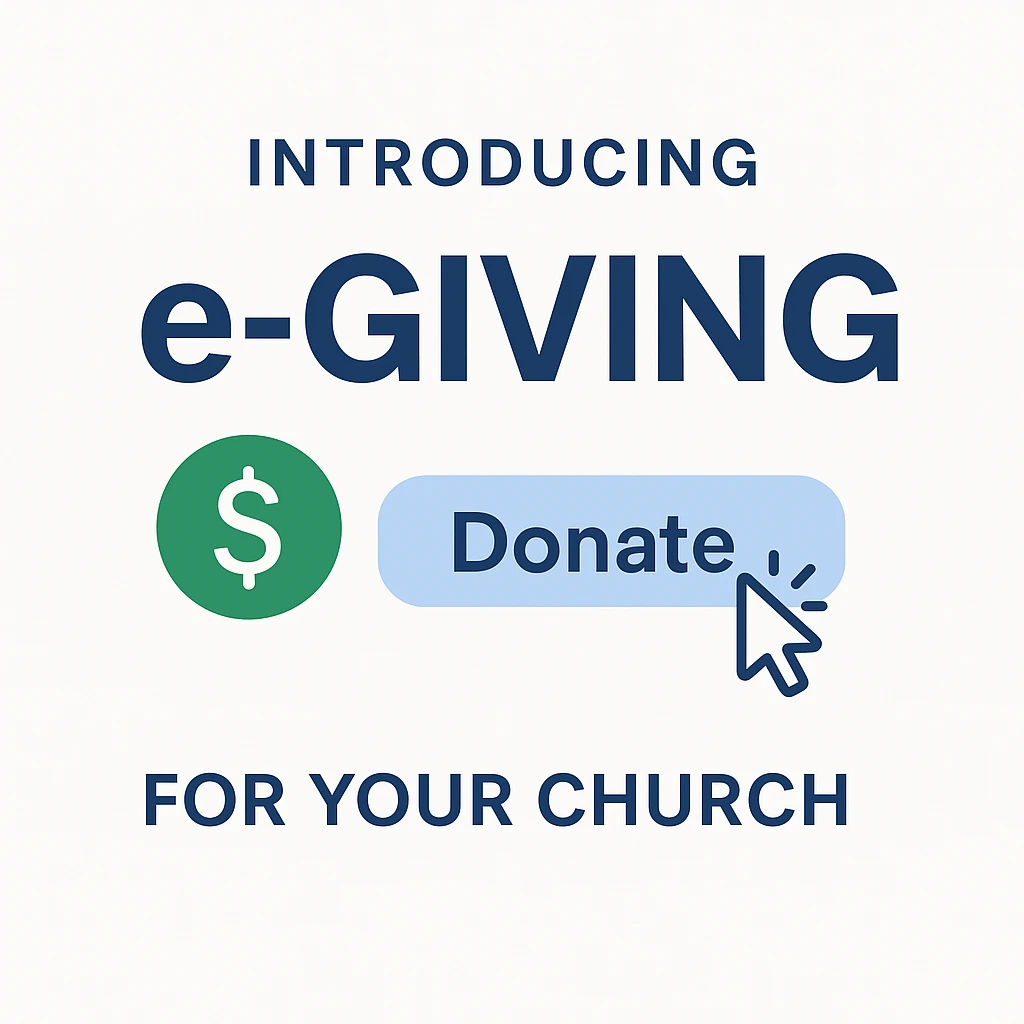Skool vs. SocialGlow: Choosing the Perfect Platform for Your Online Community
Hey there, my friend! AJ here from SocialGlow, your go-to guide for creating vibrant and engaged online communities. If you've been thinking about diving into the world of online communities, you're in the right place. Today, we're taking a deep dive into two major platforms: Skool and SocialGlow. Let's explore and discover which one suits your community-building needs better.
Skool: Sam Ovens' Vision for Community Building
Skool, founded by Sam Ovens of consulting.com fame, is on a mission to help one billion people find their communities while supporting one million creators in earning a living through community building. The platform centers around four key elements: Community, Classroom, Calendar, and Leaderboards.
- Community: A space for group discussions, whether in a free or paid community.
- Classroom: Designed for learning, where courses can be accessed and progress tracked.
- Calendar: Facilitates scheduling events like live streams and in-person meetups.
- Leaderboards: A gamified feature that boosts engagement by awarding points, allowing members to level up and unlock new courses.
For those focusing on community and course hosting, Skool offers an easy-to-use platform. However, the real question is: how does it compare to SocialGlow?
SocialGlow: Simplifying Engagement with Gamification
While Skool excels at community creation, SocialGlow introduces some compelling advantages. Let's break it down:
- Gamification Features: SocialGlow's approach to gamification is geared towards rewarding members rather than restricting behaviors. This stands in contrast to Skool's more rigid structure, as experienced by some users who found the leveling-up process a bit restrictive.
- User Experience: SocialGlow prides itself on a simpler and more intuitive platform. The initial login experience is streamlined, reducing sensory overload—a crucial factor in today's fast-paced world.
- Feature Rich: SocialGlow offers a more extensive set of features. While both platforms provide community creation, course hosting, and event scheduling, SocialGlow goes further with a content scheduler, templates for running challenges, and a more versatile chat feature.
Comparing Key Factors: Ease of Use, Customization, Features, Pricing, Integration, Mobile App, and Support
1. Ease of Use:
- Both platforms offer a simple user experience. Skool's focus is on four elements, while SocialGlow's dashboard is reminiscent of a Facebook group, offering simplicity and ease of navigation.
2. Customization:
- Both platforms have limited customization options, facilitating quick and easy setups. SocialGlow provides a bit more flexibility with branding options, especially on its Premium Plan.
3. Features:
- SocialGlow outshines Skool with additional features like content scheduling, templates, and a more versatile chat feature. The gamification system in SocialGlow is designed to reward members effectively.
4. Pricing:
- Skool follows a straightforward $99/month per community model, while SocialGlow offers tiered pricing, starting at $99/month for unlimited courses and communities.
5. Integration:
- Both platforms integrate with Zapier, ensuring flexibility. SocialGlow goes a step further with third-party integrations with Stripe and ConvertKit.
6. Mobile App:
- While both platforms have mobile apps, SocialGlow supports both Apple and Android devices, offering broader accessibility compared to Skool's iOS-only app.
7. Community and Support:
- SocialGlow takes the lead in support, offering live chat assistance with quick response times and weekly Q&A calls. Skool, while having an interactive community, relies more on a forum-style support experience.
Choosing the Right Platform for You
In the end, the choice between Skool and SocialGlow depends on the experience you want to create. If you're aiming for a gamified community with a robust course structure, Skool might be the right fit. However, if you prefer a more intuitive and versatile platform that excels in gamification and engagement, SocialGlow is a strong contender.
Before making your decision, consider taking advantage of free trials or demos. SocialGlow, in particular, offers a 30-day trial and personalized demos to help you explore the platform's potential.
What's your take? Share your platform preference in the comments below, and don't forget to share this article with friends who might be on the same decision-making journey.
Until next time, my friend, happy community building!

.jpg)






